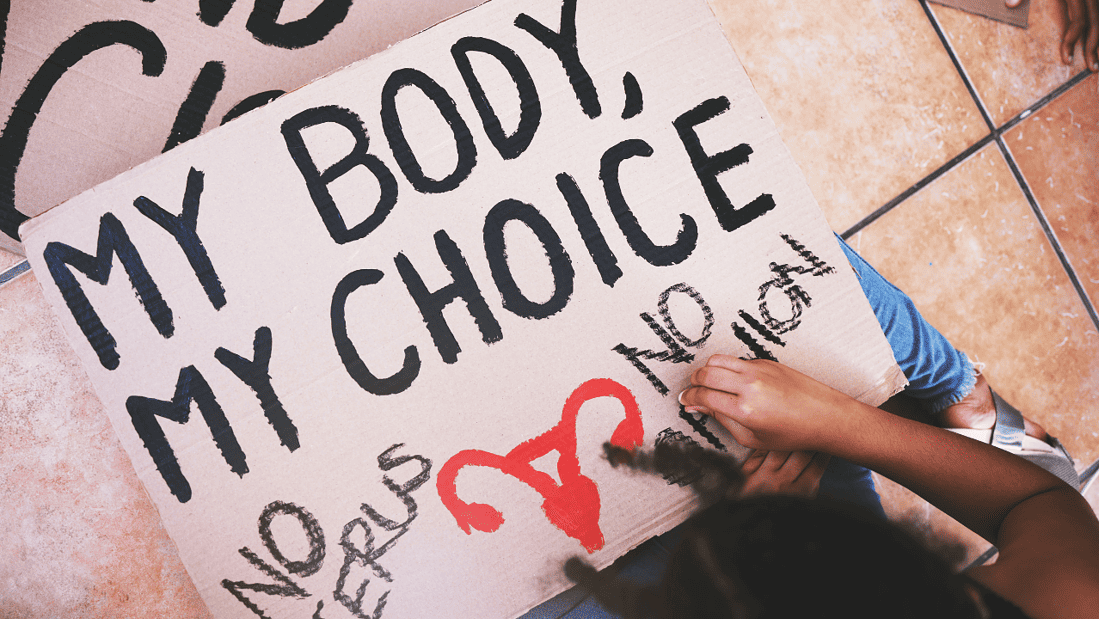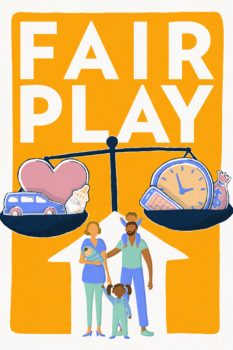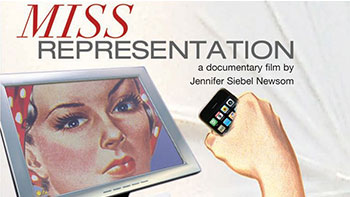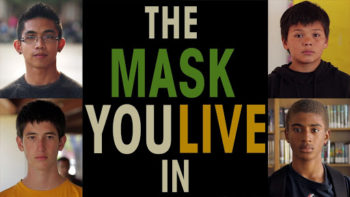It has been one year since the Supreme Court decided Dobbs v. Jackson, which overturned Roe v. Wade and threatened abortion rights for millions across the United States. In response, protests erupted across the country with a clear message: we won’t go back. With a year post-Roe behind us, it is clear this fight continues.
At the time that Dobbs was decided, a Pew Research Center survey found 61% of Americans believed abortion should be legal in all or some cases. So, how did we get here? The film Battleground provides powerful insights into this current moment. The documentary follows leaders at the frontlines of the abortion rights fight. Today, Pew Research Center polls abortion support at 62%, whereas Gallup marks support at 85%.
When it comes to abortion bans and the rolling back of Roe, the people are not being heard. Despite overwhelming support for abortion access across the country, 25 states have implemented laws that ban or restrict abortion, impacting the 25 million women that live in these states. Anti-choice extremists have also set their sights on limiting medication abortion. Abortion networks, providers, and activists have play a crucial role in getting as many people as possible the healthcare they need.
These attacks against abortion also exist at a time when the United States is facing a maternal health crisis. Many pregnant people, even those pregnant by choice, have difficulty accessing adequate care. In Tennessee, less than half of rural hospitals deliver babies. The state ranks 44th in prenatal care. The country as a whole is not doing much better: the United States has the highest maternal mortality rate among developed countries.
Abortion bans have only made outcomes worse. Across the country, women have been denied care as they were experiencing miscarriages. In Texas, Amanda Zurawski went into septic shock and nearly died before she was helped. Anya Cook in Florida lost half her blood while miscarrying in a salon bathroom after being sent home from the emergency room. Reports show that OB-GYN residents have also begun to avoid placements in states with abortion bans, further limiting care.
And this is just one side of a larger attack against the autonomy of marginalized people as a whole. With reproductive rights, it hasn’t stopped at Roe. Many anti-choice extremists have now turned to restricting birth control access. Marginalized people’s ability to make decisions for themselves is also being challenged across the country. As reproductive rights are under attack, so is children’s education, LGBTQ+ visibility and rights, Black history, Native sovereignty, and more.
As we look back at the year and anticipate the future, we know that sticking together as a collective is crucial. Abortion rights have succeeded at the ballot box. Pro-choice activists and allies have mobilized to make their voices heard and to support people seeking abortions. In the past year, we haven’t gone back; we’ve kept fighting for a more equitable world for everyone. Activists, advocates, and allies will keep doing just that.
Take Action! Pregnancy should be chosen, not forced. Support and get involved with organizations like Mayday.Health, the Black Mamas Matter Alliance, We Testify, and the National Network of Abortion Funds.




